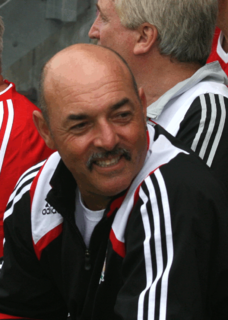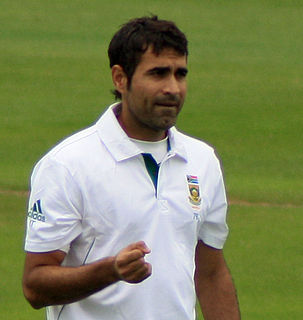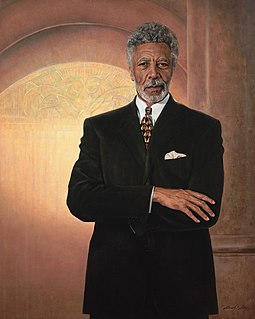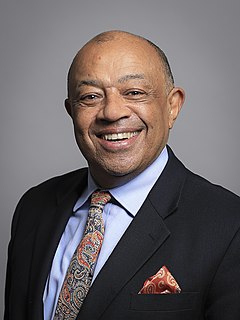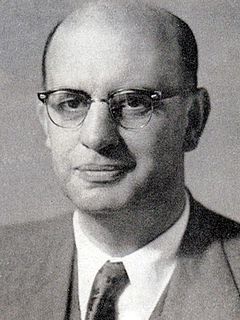A Quote by Bruce Grobbelaar
Going through my time as a coach in Zimbabwe and in South Africa, I know for a fact if there is anything dodgy in a game, look at the three people in black. They are the catalyst.
Related Quotes
In South Africa, being Chinese meant I wasn't white and I wasn't black. I trained in Baragwanath Hospital, the largest black hospital in South Africa. That was around 1976, the time of the Soweto Uprising, when police fired on children and students who were protesting. I was part of the group of interns who volunteered to treat them.
I would like to flood South Africa with black personages of all sorts of persuasions: writers, educators, businessmen, you name it. If you are black and have any clout at all, I would like to see you go to South Africa and look for yourself and come back and try to use the tools that you have at your command to try and help the brothers down there.
And now South Africa has finally woken up and it is doing great things. And if South Africa becomes the template to what AIDS is in the sub-Saharan continent, then all the other countries are going to follow suit. And Michel Sidibe, who spoke at the breakfast meeting this morning, was saying that there is so much hope for Africa now that South Africa has got its house in order.
The United States imprisons a larger percentage of its black population than South Africa did at the height of apartheid. In Washington, D.C., our nation’s capitol, it is estimated that three out of four young black men (and nearly all those in the poorest neighborhoods) can expect to serve time in prison.
The police [in South Africa] would check in on you randomly. And they would come into the house, and they would look through that registry and look at all the names of all the people who were registered to be living in the house. And they would, you know, cross-reference that with the actual inhabitants of the dwelling.I was never on that piece of paper. I was always hidden. My grandmother would hide me somewhere if the police did show up. And it was a constant game of hide and seek.
I am honoured to be asked to take on this role, especially as it comes at such an integral time for our relationship with South Africa and the African continent. There shall be many new challenges and opportunities ahead and I look forward to embracing them with great anticipation [on becoming the UK's high commissioner to South Africa]
I am one of those who believe that there is no permanent home for even a section of the Bantu in the white area of South Africa and the destiny of South Africa depends on this essential point. If the principle of permanent residence for the black man in the area of the white is accepted then it is the beginning of the end of civilisation as we know it in this country.
